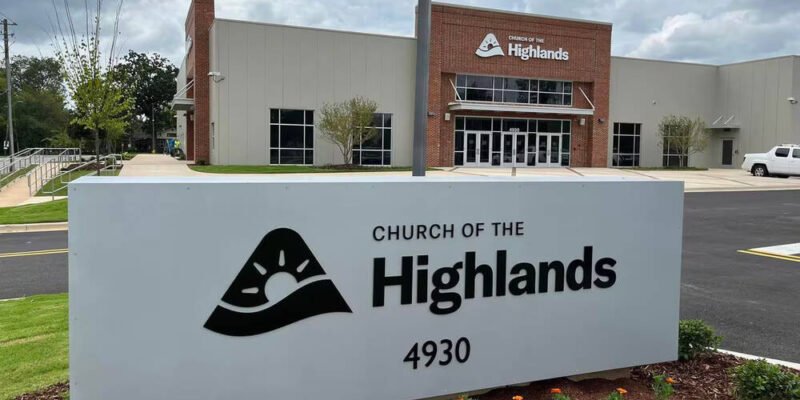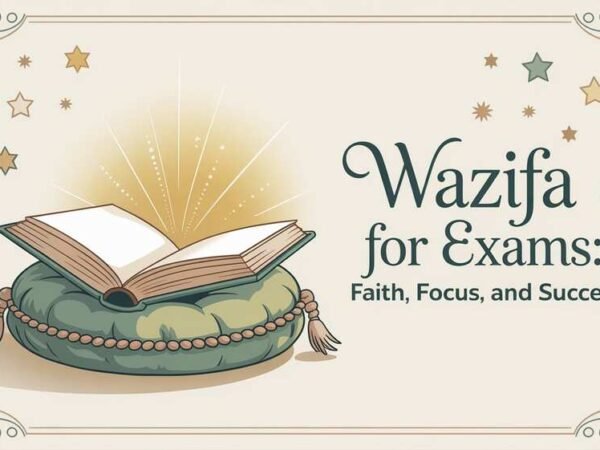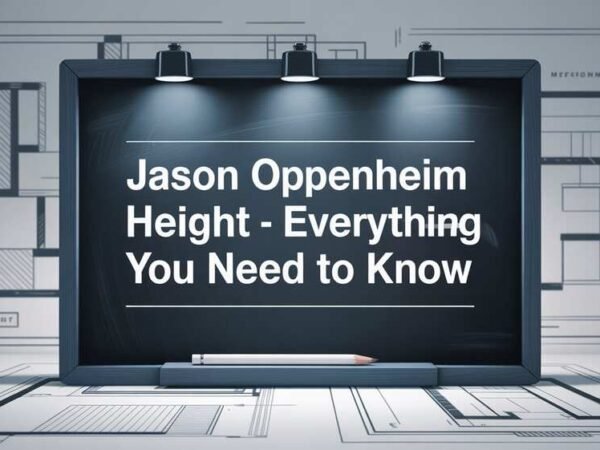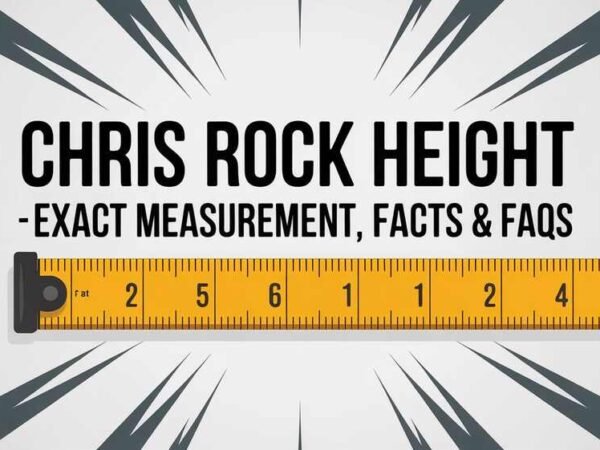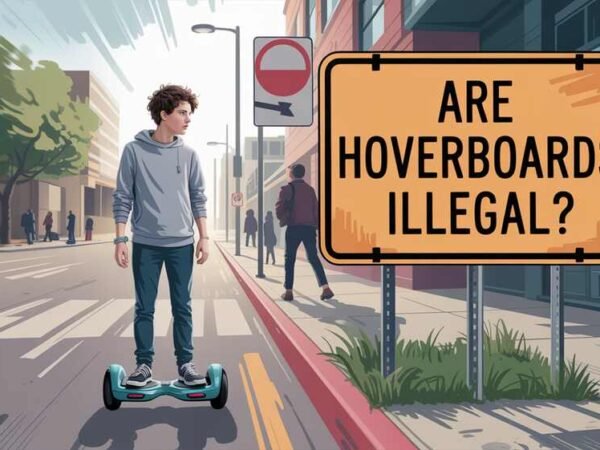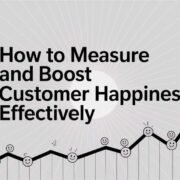Introduction
The Church of the Highlands, one of the most influential megachurches in the United States, has recently been exposed to significant scrutiny and controversy. Established in 2001 by Pastor Chris Hodges in Birmingham, Alabama, the church has grown from a small group in a living room to a vast network of campuses across the state. Renowned for its dynamic approach to ministry and extensive community outreach, the church’s rapid expansion and increasing influence have brought challenges and allegations that merit a thorough examination.
Background and Growth
The Church of the Highlands started with humble beginnings and a clear vision for widespread spiritual impact. It has expanded significantly through engaging worship experiences and leveraging modern technology, attracting thousands of weekly attendees. The church’s success is often attributed to its contemporary service style and the charismatic leadership of Pastor Hodges. The church operates multiple campuses and has a broad demographic reach, underscoring its appeal and influence in America’s religious landscape.
Catalysts for Controversy
One major controversy exposing the Church of the Highlands involves former pastor Micahn Carter, who faced allegations of sexual misconduct from his time before joining the church. Micahn Carter was involved in a “ministerial restoration” program at the church designed to rehabilitate pastors who have faced personal and professional turmoil. The situation escalated when details of the allegations became public, leading to Carter’s resignation and a broader discussion about the accountability mechanisms within large religious organizations.
Financial and Political Concerns
Critics of the Church of the Highlands have also raised concerns about its financial transparency and political involvement. Questions about the handling and allocating of the church’s substantial funds have been prominent, with calls for greater clarity and oversight. Moreover, the church’s perceived endorsement of specific political figures and causes has sparked debate about the appropriate level of political engagement by religious institutions, which is a sensitive issue in church and state separation.
Doctrinal Disputes and Diversity Issues
Another area of contention is the church’s approach to diversity and doctrine. Some members and observers argue that the leadership and congregation must adequately reflect their communities’ diversity. Additionally, doctrinal issues, particularly regarding gender roles, sexuality, and social justice, have been points of intense debate. These disputes highlight contemporary evangelical churches’ broader challenges in balancing traditional beliefs with modern societal values.
Community and Member Responses
The church community’s response to these controversies has been mixed. While some members express steadfast support for the church and its leadership, others have voiced disappointment and concern over the church’s ethical and moral direction. The divergence in community reaction underscores the complex relationship between church leadership and membership, especially in internal conflict.
Church’s Response to Allegations
The Church of the Highlands has addressed and clarified various issues in response to the swirling allegations and criticisms. Leadership has engaged in public discussions and meetings to explain its position and the measures it implements to ensure greater accountability and transparency. These actions include revising its financial reporting systems and enhancing its oversight structures.
Legal and Ethical Implications
The legal and ethical implications of the controversies involving the Church of the Highlands are significant. They affect the church’s internal governance and reflect on its public image and role in the broader community. Handling such challenges requires a careful balance between legal responsibilities and ethical obligations, particularly when addressing sensitive issues like misconduct allegations.
Future Prospects and Initiatives
The Church of the Highlands plans to introduce new programs and reforms to restore trust and integrity within its community. These include pastoral care and restoration initiatives emphasizing support for clergy facing burnout rather than those involved in misconduct. By focusing on these areas, the church hopes to rebuild and maintain its position as a leading religious institution that values spiritual guidance and ethical leadership.
Conclusion
In conclusion, the Church of the Highlands has been exposed to multiple controversies, highlighting the complex dynamics of managing a prominent and influential religious organization in today’s sociopolitical climate. The church’s experience underscores the delicate balance between growth, leadership, accountability, and community trust. As the church navigates these challenges, it remains a focal point for discussions on the role of faith-based organizations in contemporary society. By fostering an environment of transparency and accountability, the Church of the Highlands can work towards reconciling with its community and setting a precedent for ethical leadership in the religious world.
Do Read: A Closer Look at the Great Western Buildings Lawsuit
In the broader context of religious and community leadership, the Church of the Highlands’ unfolding situation is a critical case study for other institutions aiming to manage growth and controversy effectively. The lessons learned from these challenges inform how religious organizations can better align their practices with the expectations and values of their followers, ensuring their role as positive contributors to societal well-being.


